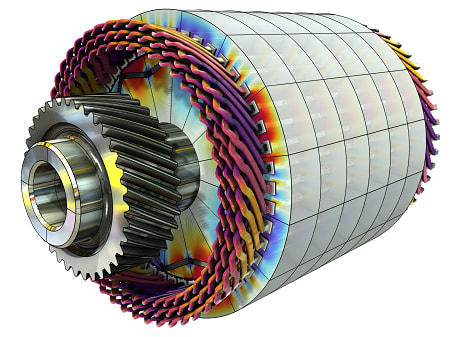John31415
Civil/Environmental
- May 15, 2012
- 6
Hi,
Can anyone point me to a comparison of the cost of pumps as a function of pressure (all else being kept constant).
For example, is it cheaper to use two 10bar pumps or one 20-bar pump (ignoring station cost) and how do these numbers scale with pressure and number of pumps.
If a complete curve of pressure vs cost is not readily available, would you happen to have some estimations for e.g. 10,30, 80 bar.
While I'm primarily interested in capital costs if you have some numbers of life cycle that is also useful.
Can anyone point me to a comparison of the cost of pumps as a function of pressure (all else being kept constant).
For example, is it cheaper to use two 10bar pumps or one 20-bar pump (ignoring station cost) and how do these numbers scale with pressure and number of pumps.
If a complete curve of pressure vs cost is not readily available, would you happen to have some estimations for e.g. 10,30, 80 bar.
While I'm primarily interested in capital costs if you have some numbers of life cycle that is also useful.




